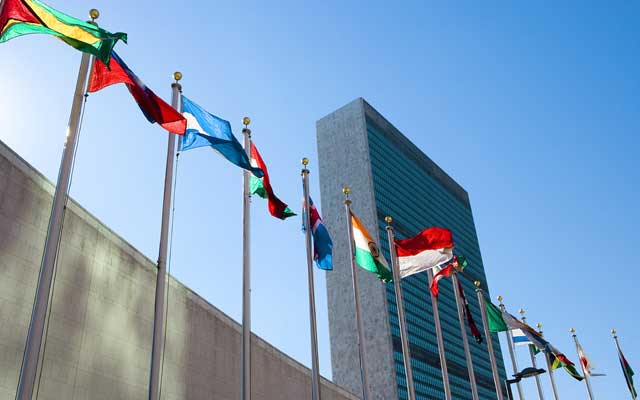The Connections Between Syria and the Arms Trade Treaty
Ted Bromund /
The Arms Trade Treaty (ATT) is part of the Syrian story in two ways.
First, one response urged by some, including President Obama, is for the U.S. to arm selected elements among the Syrian rebels. But the liberal nongovernmental organizations that drove the negotiation of the ATT are already arguing that the ATT makes arming any rebel group “arguably unlawful.”
Whether or not it is wise to arm rebels in Syria today, it is clearly not sensible for the U.S. to decide in advance that it will never arm a rebel group again. That would mean a rejection of the Reagan Doctrine that the U.S. will seek, guided by its national interests, to arm opponents of dictatorial regimes.
Second, the ATT is part of a broader effort to craft evolving global norms that will constrain U.S. policy going forward—norms that seek to remake our government at home as well as our policies abroad.
For those who doubt this, President Obama’s own words urging U.S. intervention in Syria should be proof enough: The President asserted that U.S. strikes were necessary to respond to a breach of an “international norm.” They may be merely words, but norms can be used to justify, and even shape, U.S. policy. And as a vehicle for the regulation of the international arms trade, the ATT’s ill-defined norms touch on a particularly sensitive realm: the import and export of weapons, including civilian firearms.
It is for those reasons, among others, that The Heritage Foundation has long been skeptical of the ATT.
Tomorrow, Heritage will host a panel that will assess the risks of the ATT, which the U.S. is likely to sign in the coming weeks. Featuring representatives of industry, experts on the Second Amendment, and close observers of the U.N. negotiations, the panel will review the controversial process by which the ATT was adopted, its conceptual and textual flaws, and its status as an emerging “international norm” that treaty supporters wish to further develop in ways that will constrain the U.S. The panel will be broadcast live online for those unable to attend in person.
Join us tomorrow for a look by the experts at this treaty and the ways it is connected to the story that dominates the news of the day.

